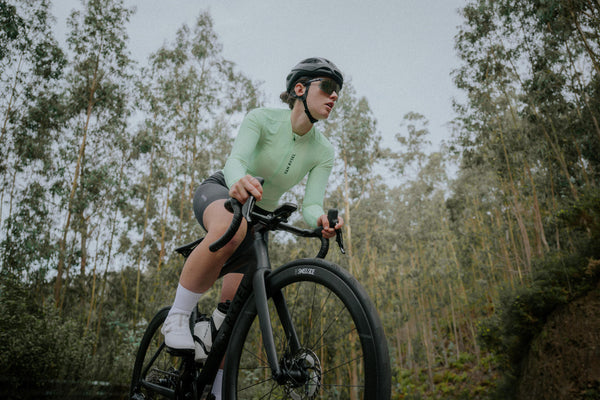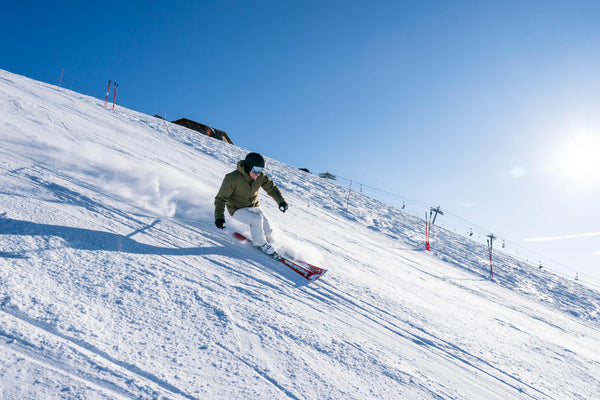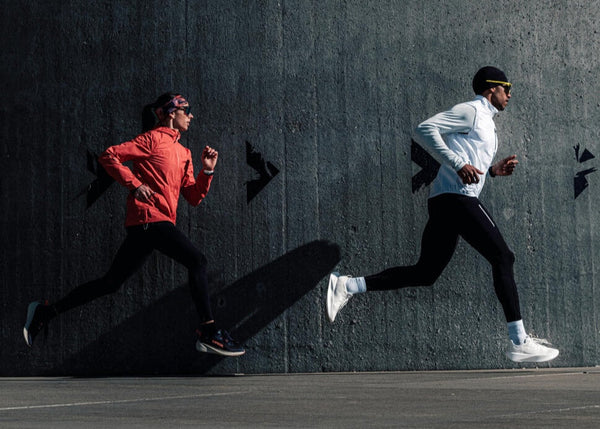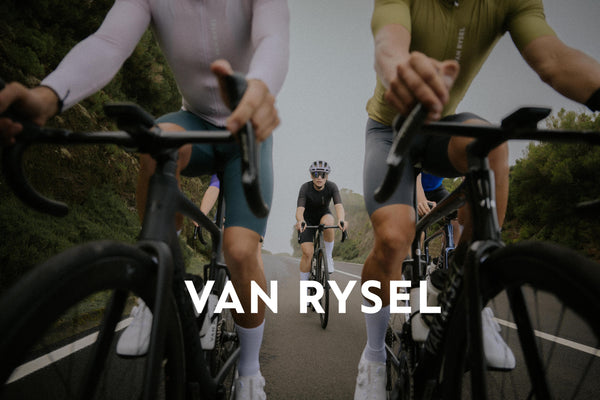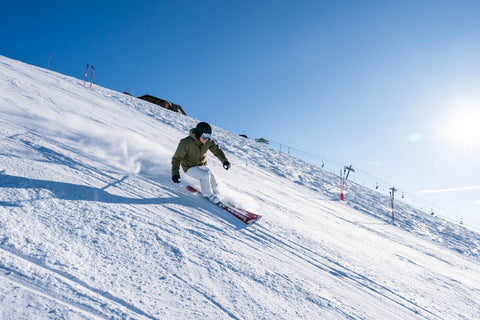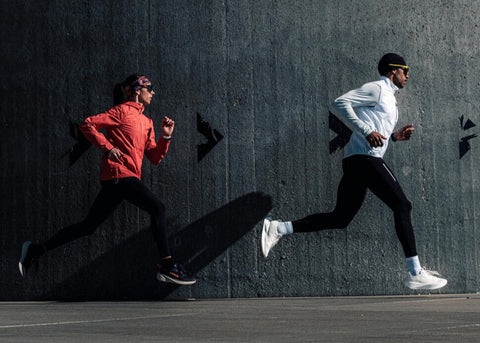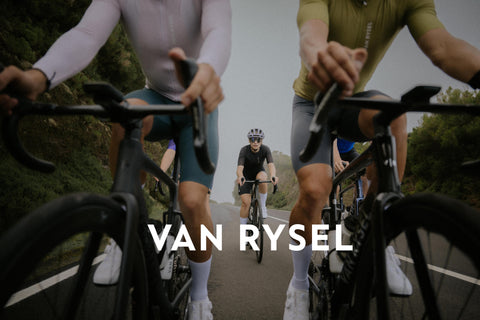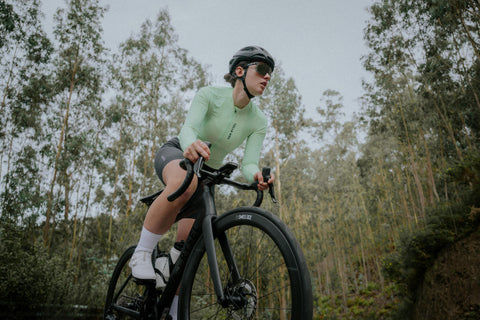
How to Maintain Your Sports Practice During Ramadan?
Share
Not eating and drinking from sun up to sun down is a challenge for sportspeople who observe Ramadan. Many may grapple with the question: Should I exercise during Ramadan?
Our answer: Of course!
Here are some expert tips on how sports and Ramadan can be practiced together,
and what this period means for one's sporting career.
Q: What are the potential risks of practicing sports during the Ramadan fast?
A: Lack of hydration can be a real problem for sportspeople in the event of high temperatures and intense exercise. Although the body compensates, dehydration can happen quickly and cause symptoms such as cramps and/or digestive problems. The more serious the dehydration, the worse the effect on strength and endurance activities. It also has an impact on the cardiovascular system: in a warm climate and without any hydration during exercise, the risk of hyperthermia increases, and may lead to heatstroke.
Q: Are there any other physiological changes to the body?
A: With the depletion of glycogen stores, lack of energy is common during exercise. This can have an effect on the hormonal system and particularly the maintenance of blood sugar levels (glycemia). Hypoglycemia - the reduction of the amount of glucose in the blood - causes fatigue, and is often felt at the end of the day. Moreover, meals are eaten at sunset (iftar) and before sunrise (sahoor). This disrupts the sleep/waking cycle. As days pass, the effects of fatigue increase, increasing the risk of injury.
Q: So, how can I continue exercising during Ramadan?
A: It is important to realize that during this period, performance should not be the goal. For elite sportspeople who have competitions, moving the training period is one solution. For everyday sportspeople, it is recommended to reduce the intensity of the sessions and their frequency to increase the recovery period. No matter what, it is essential to listen to your body and if necessary, rest for several days.
If you train in the morning, it is best to take a small and digestible snack before exercise. Finish with a generous breakfast consisting of carbs, protein, fats and fruit after that. All of that before the sun rises. This meal will cover your nutritional needs for the whole day.
If you train in the evening, avoid overdoing it and expanding muscle protein due to the lack of glycogen. This may result in increased risk of injury (tendinitis, pulled or torn muscles).
Q: What nutritional advice would benefit athletes who fast during Ramadan?
A: As soon as you break fast, you should hydrate yourself as best you can in small doses. Do the same in the morning before sunrise. If possible, avoid high density foods such as sweets, cakes, and products with bad quality fats. These fill you up quickly, but the energy provided will be quickly burned.
An Interview With Two Athletes Who Fast
A, a 28 year-old football player, and W, a 26 year-old football player and crosstrainer, tell us how they juggle sports during Ramadan.
Do you maintain the same duration, frequency and intensity of your training?
A: Yes, exactly the same.
W: The duration and frequency are the same, but training is less intense.
To have energy during the day, how does your diet change during this period?
A: Yes, my diet changes but more due to cultural reasons than exercise.
W: Our diet obviously changes - I eat and drink far more in the evening.
Do you have "tips" to keep your energy levels up during this period?
A: No, I don't have any particular tips. Because nights are shorter, I try to nap in the afternoon when I can.
W: I manage my training efforts more carefully.
Do you feel like you exert more when you exercise during Ramadan?
A: Not really. I just feel more thirsty after the sessions, but it gradually disappears.
W: Yes, much more! I am quickly tired and I often feel dizzy.
Does playing sports remain pleasant during Ramadan?
A: Yes, definitely. Personally, Ramadan does not influence my sporting performance, so I continue exercising at the same pace and with as much pleasure!
W: Of course! I love playing football - it will always be a pleasure.


